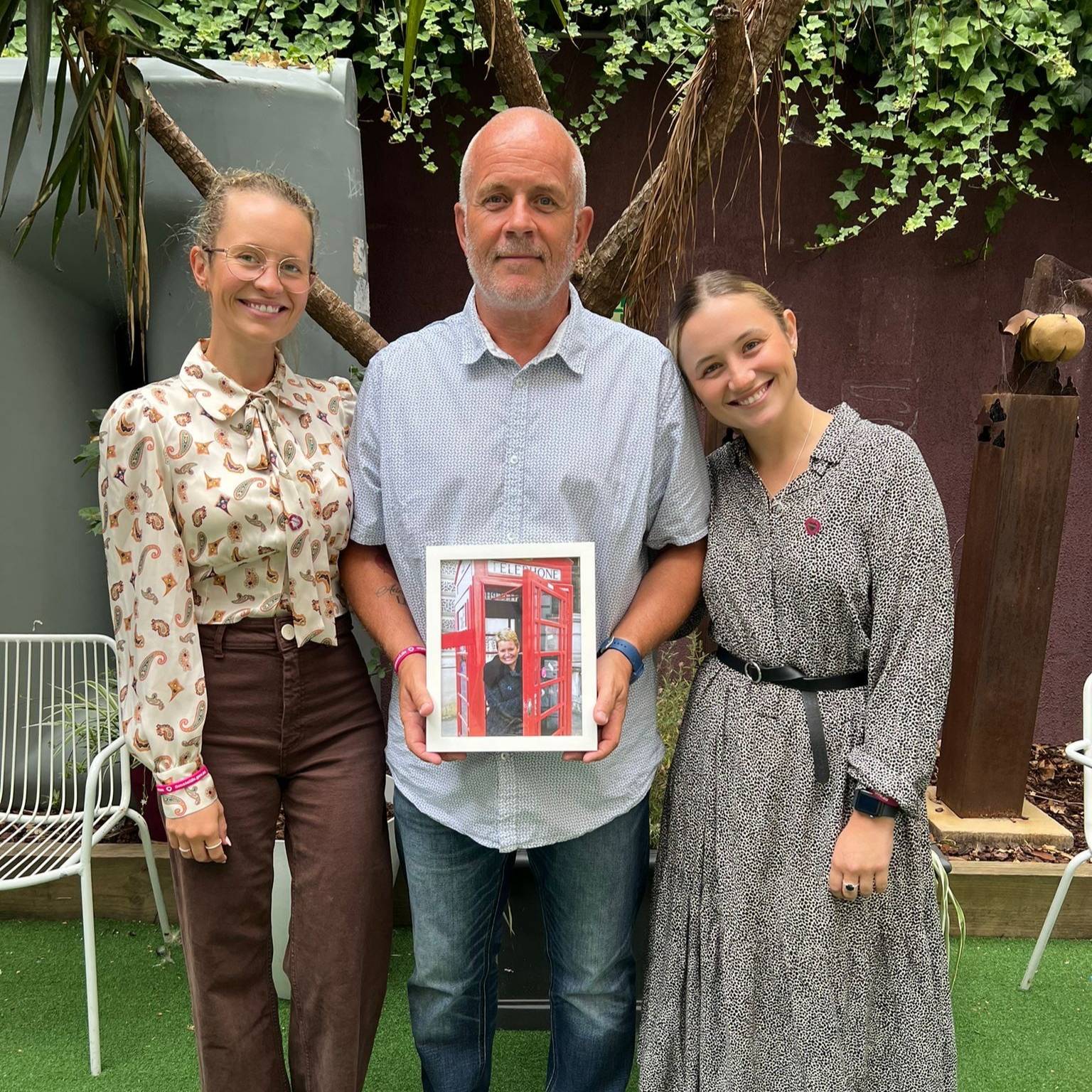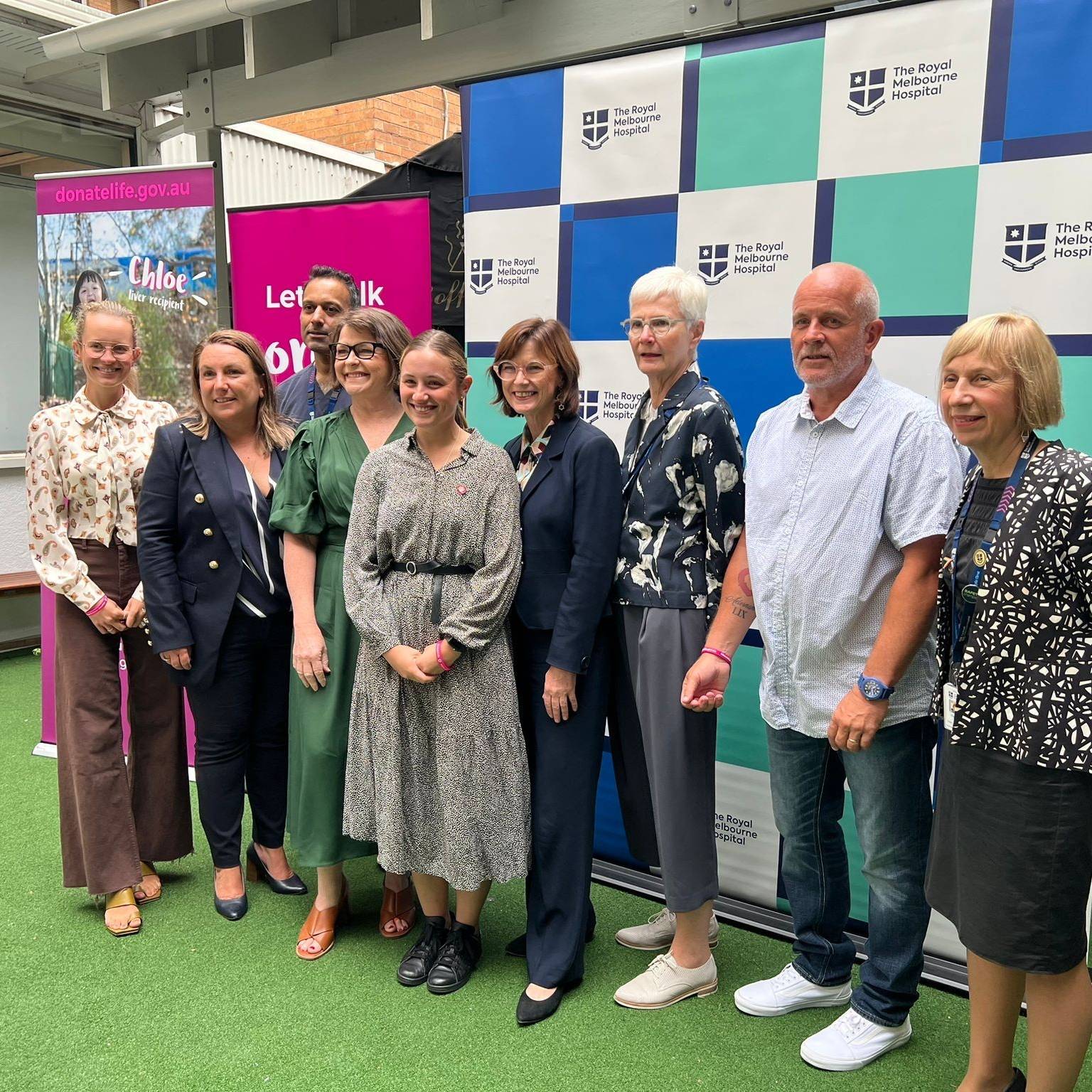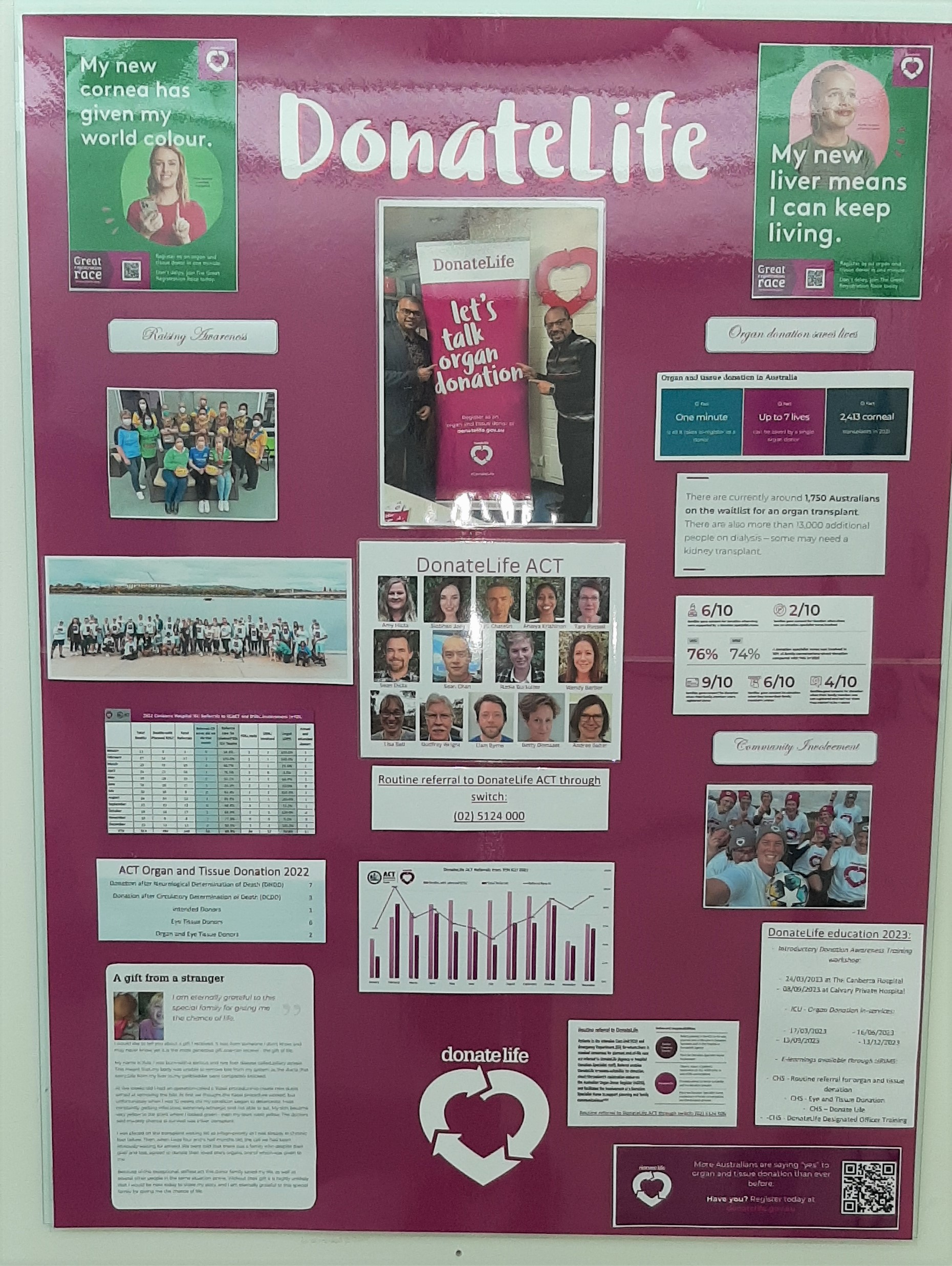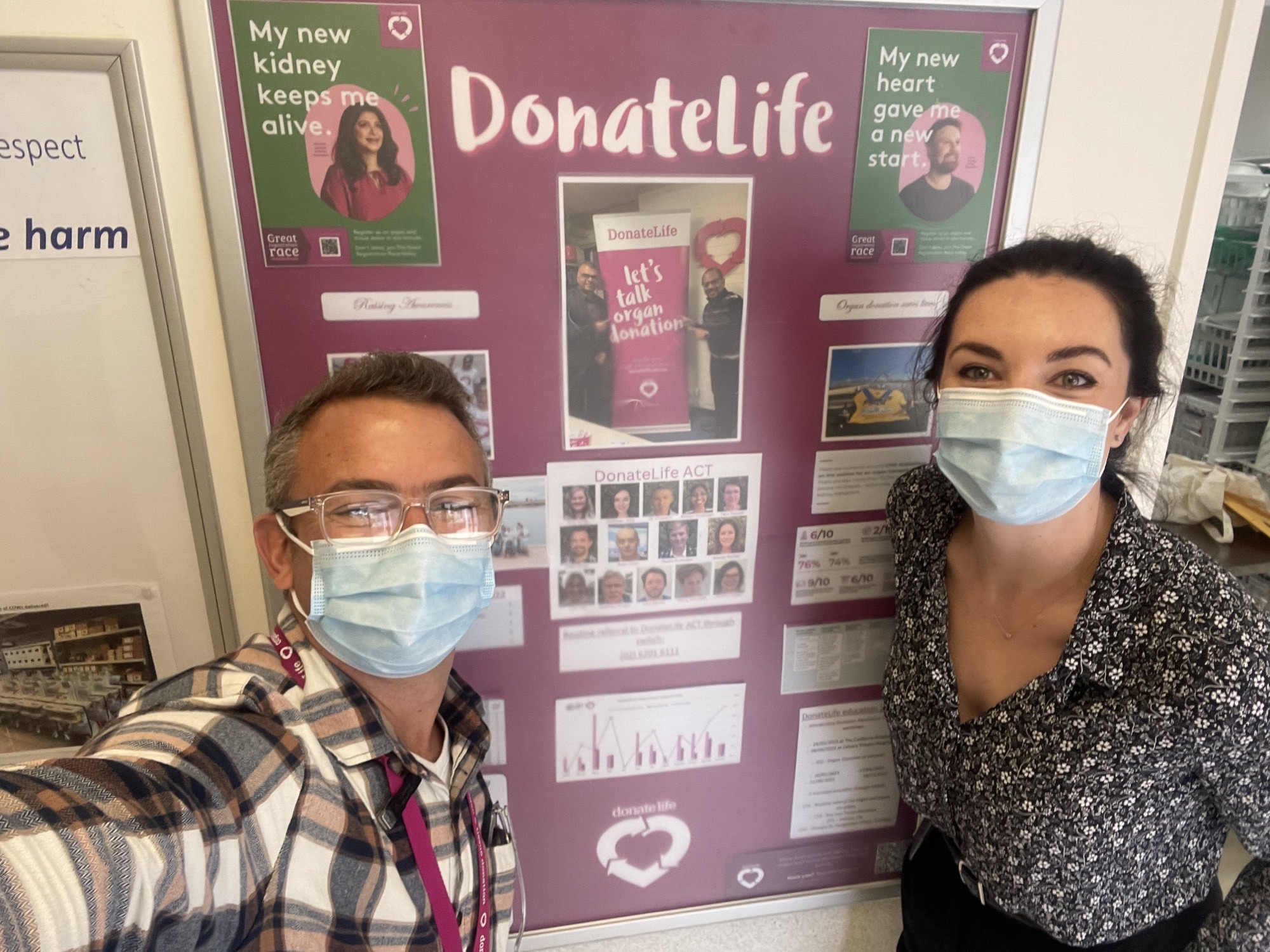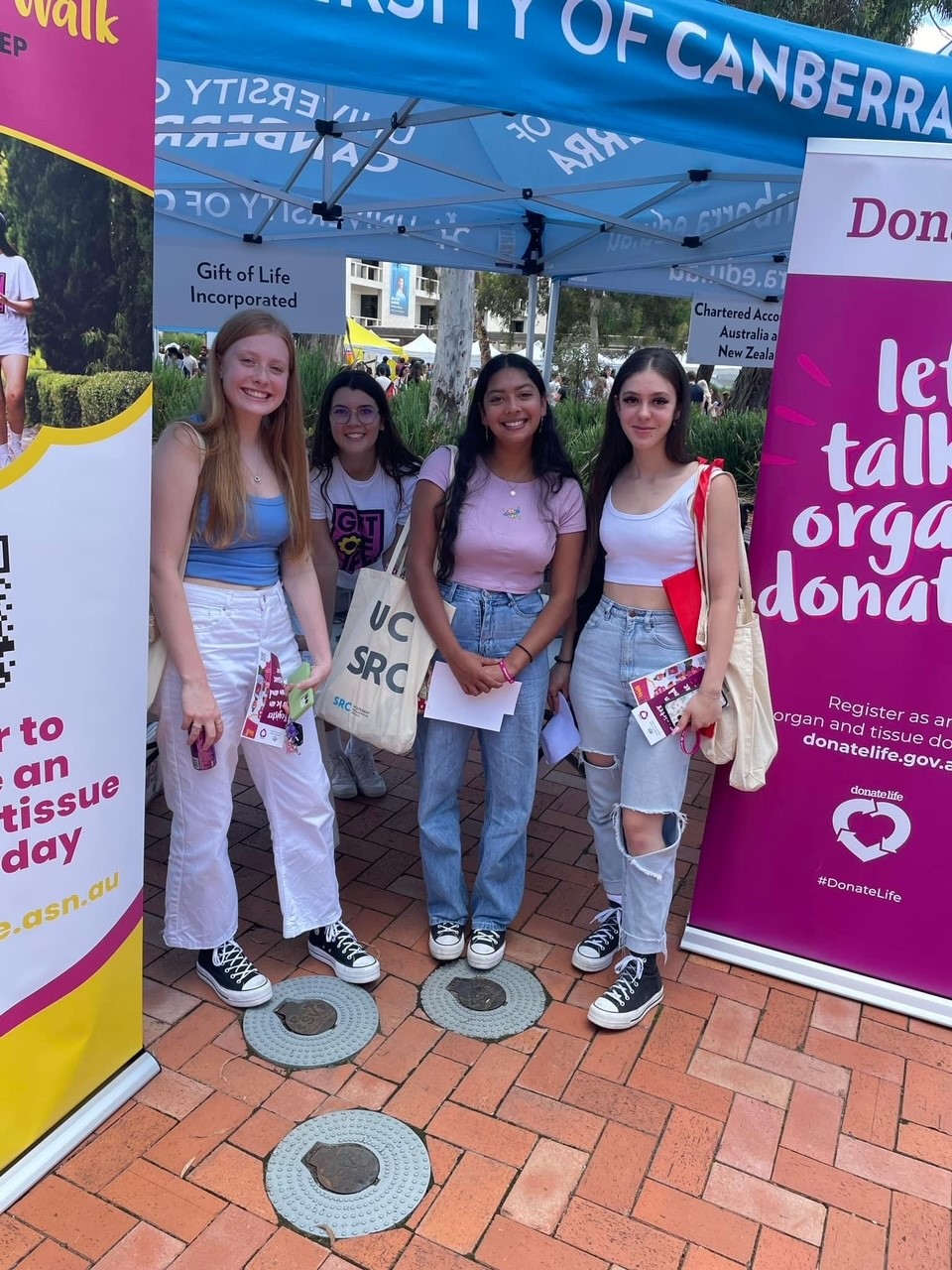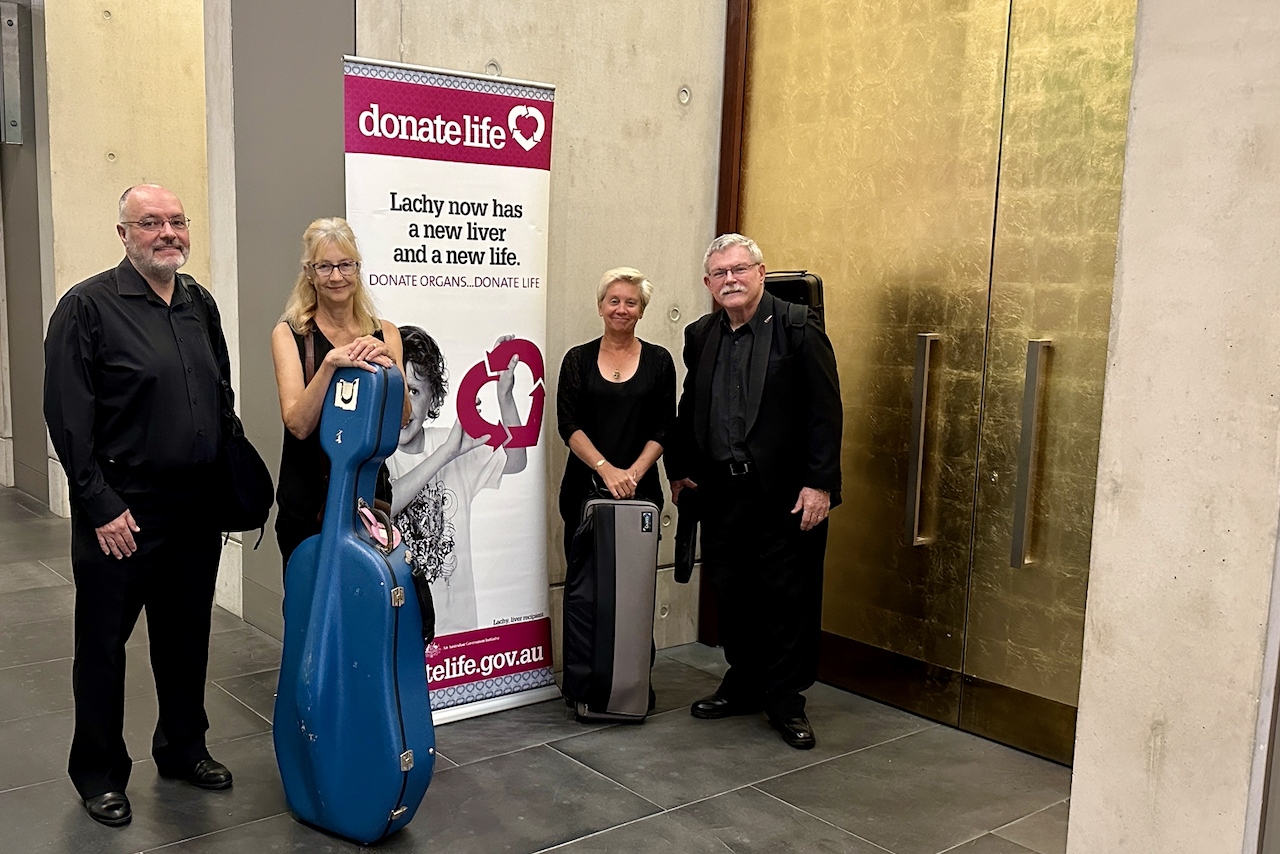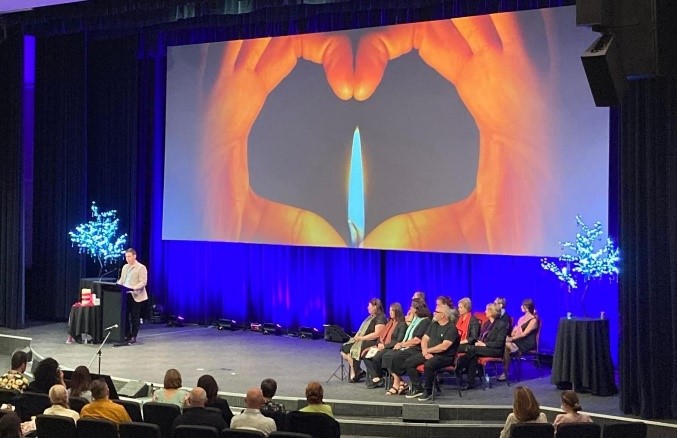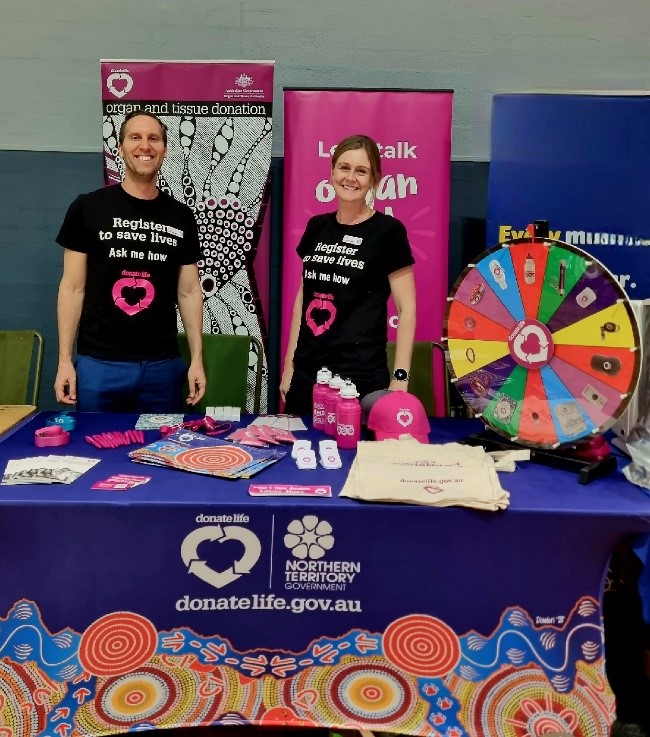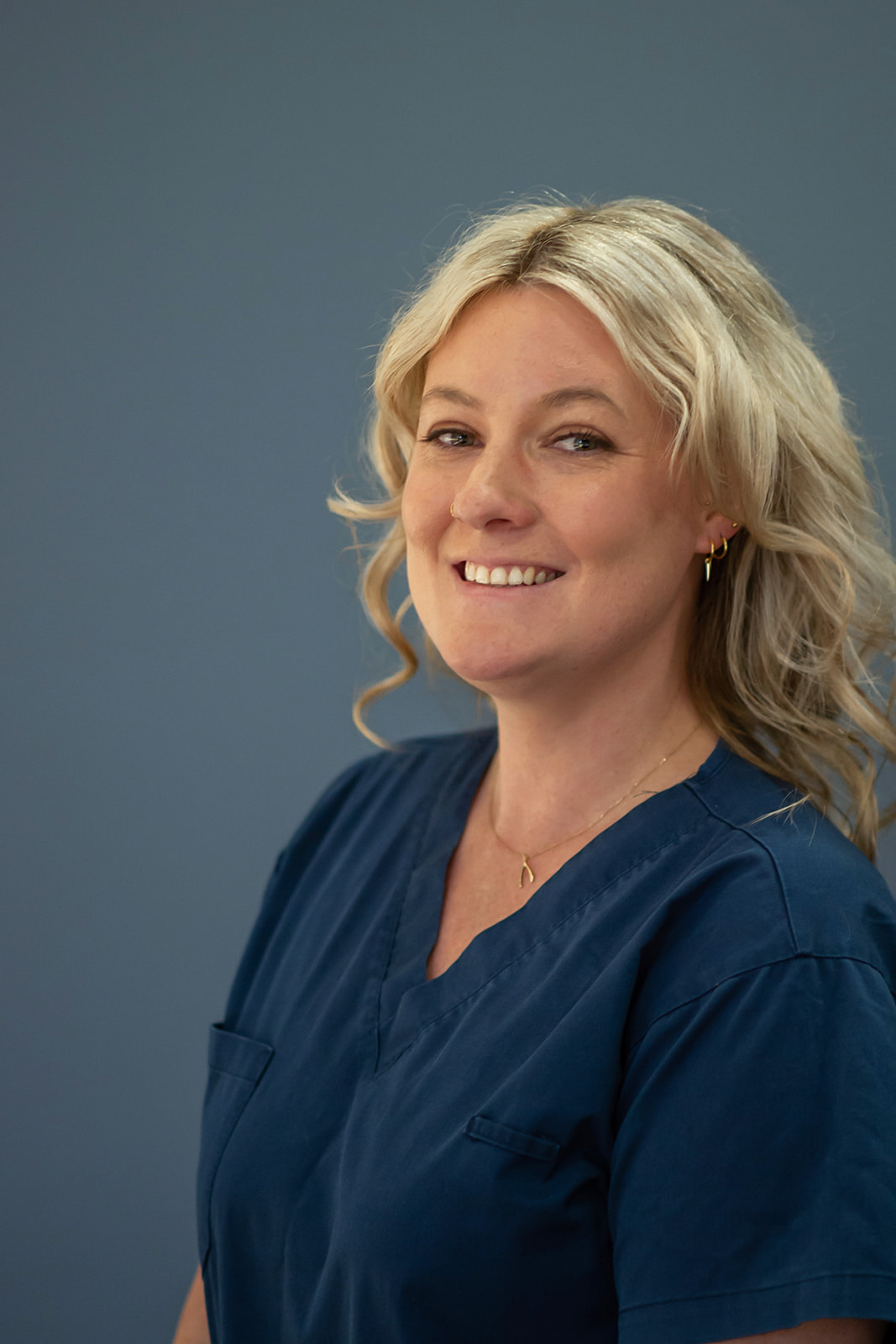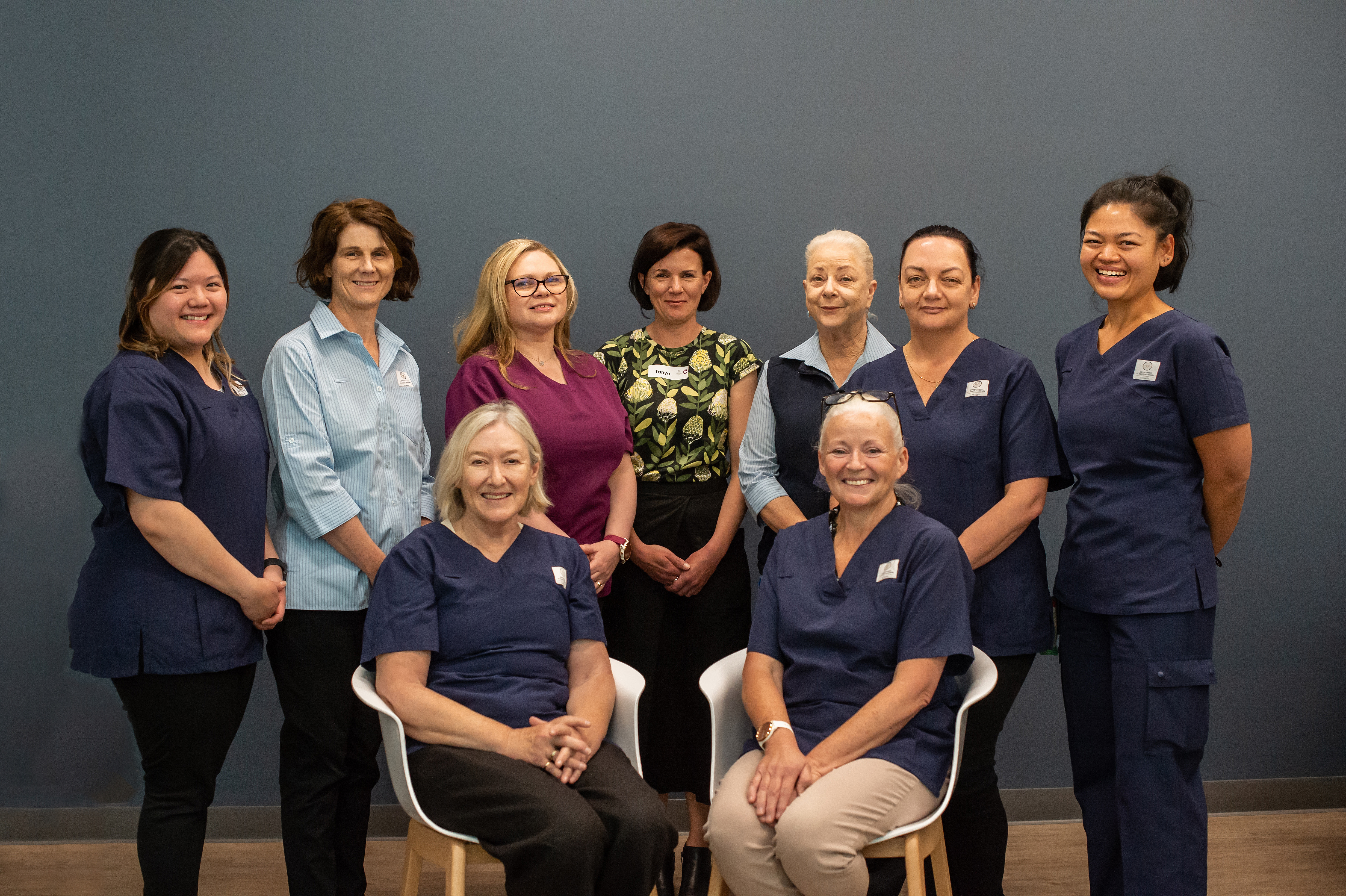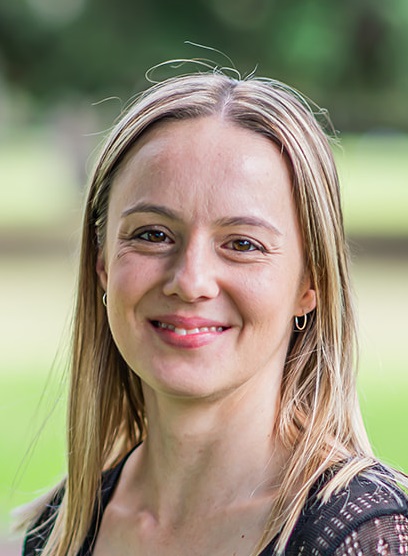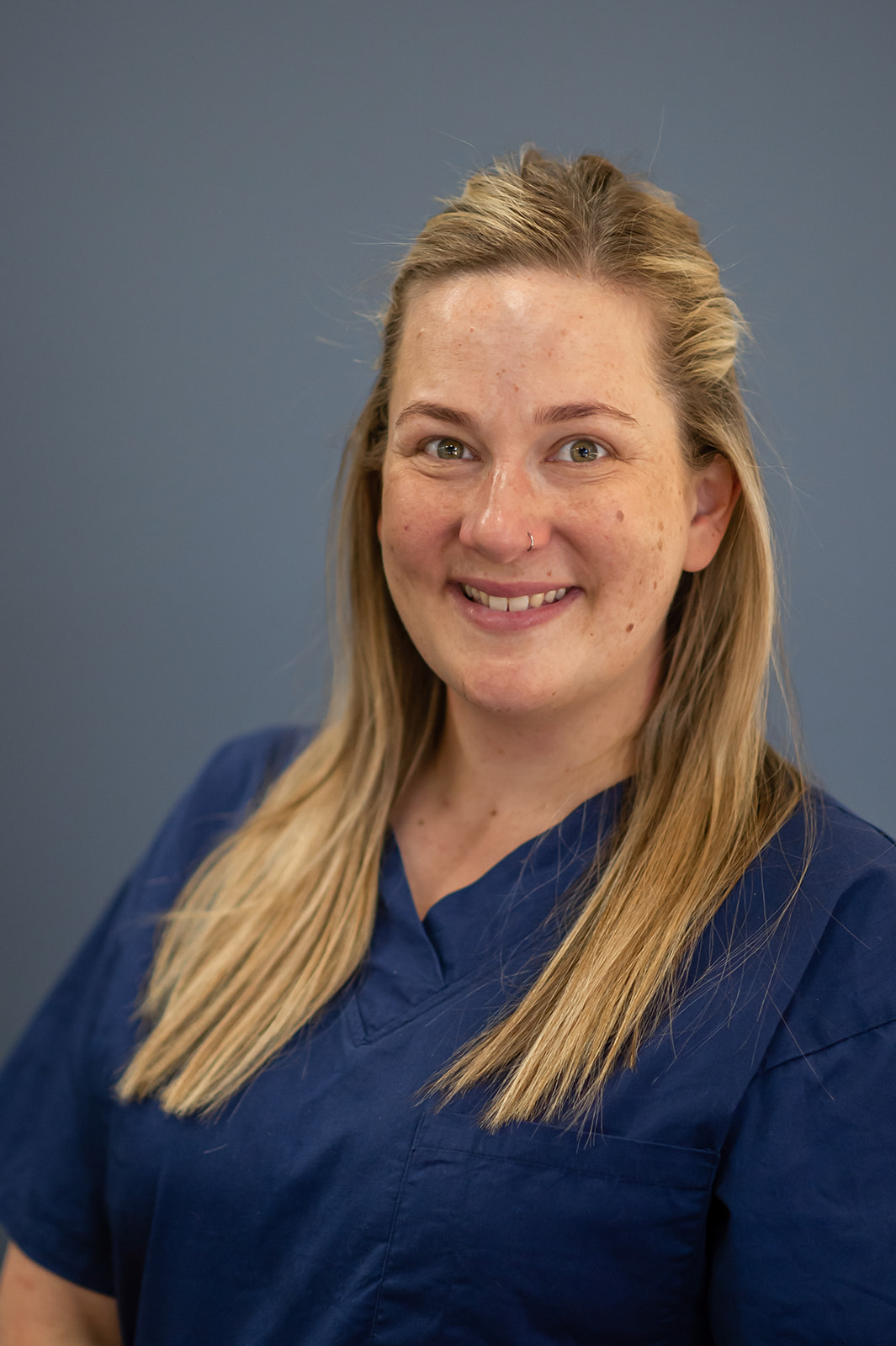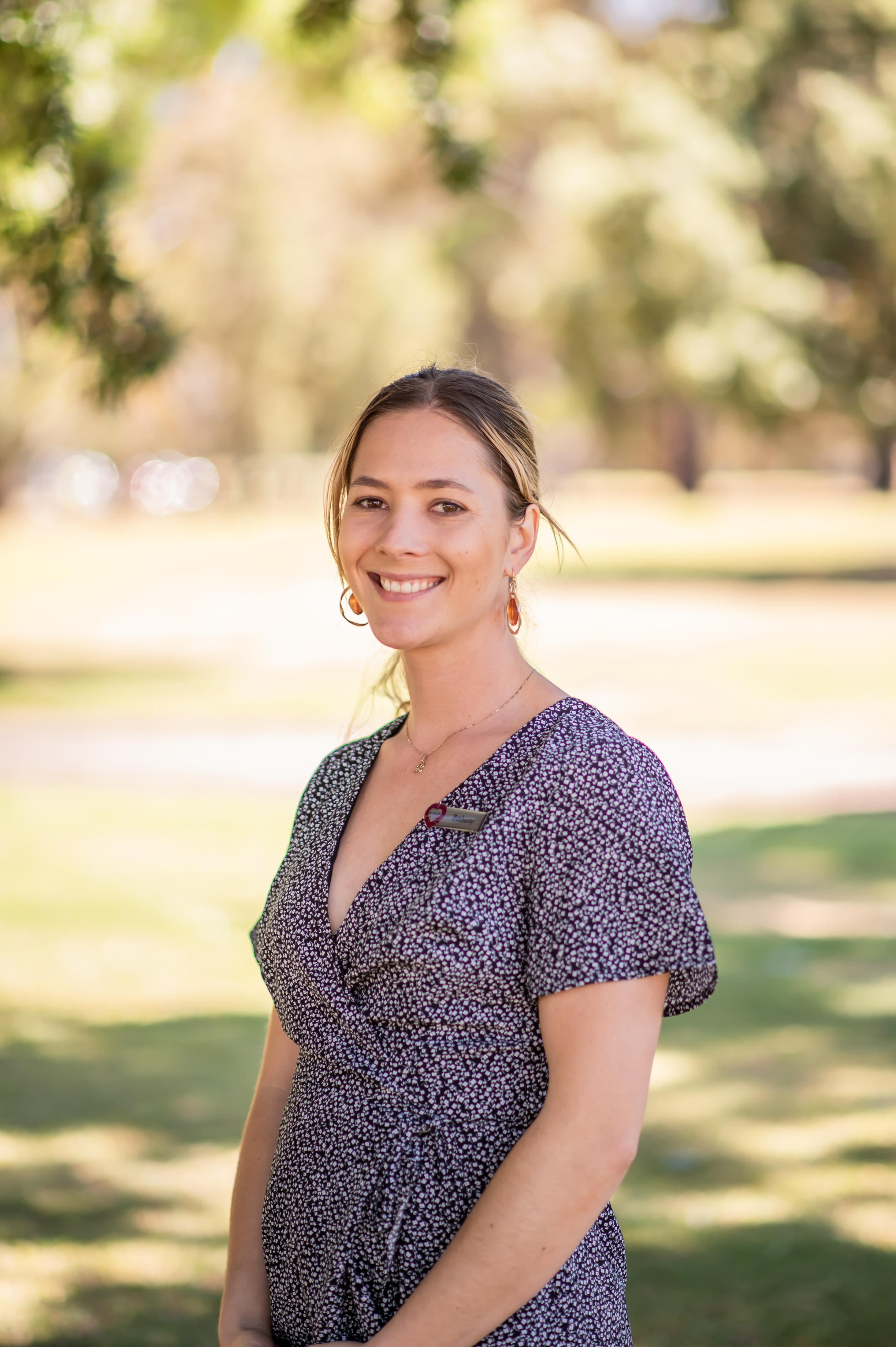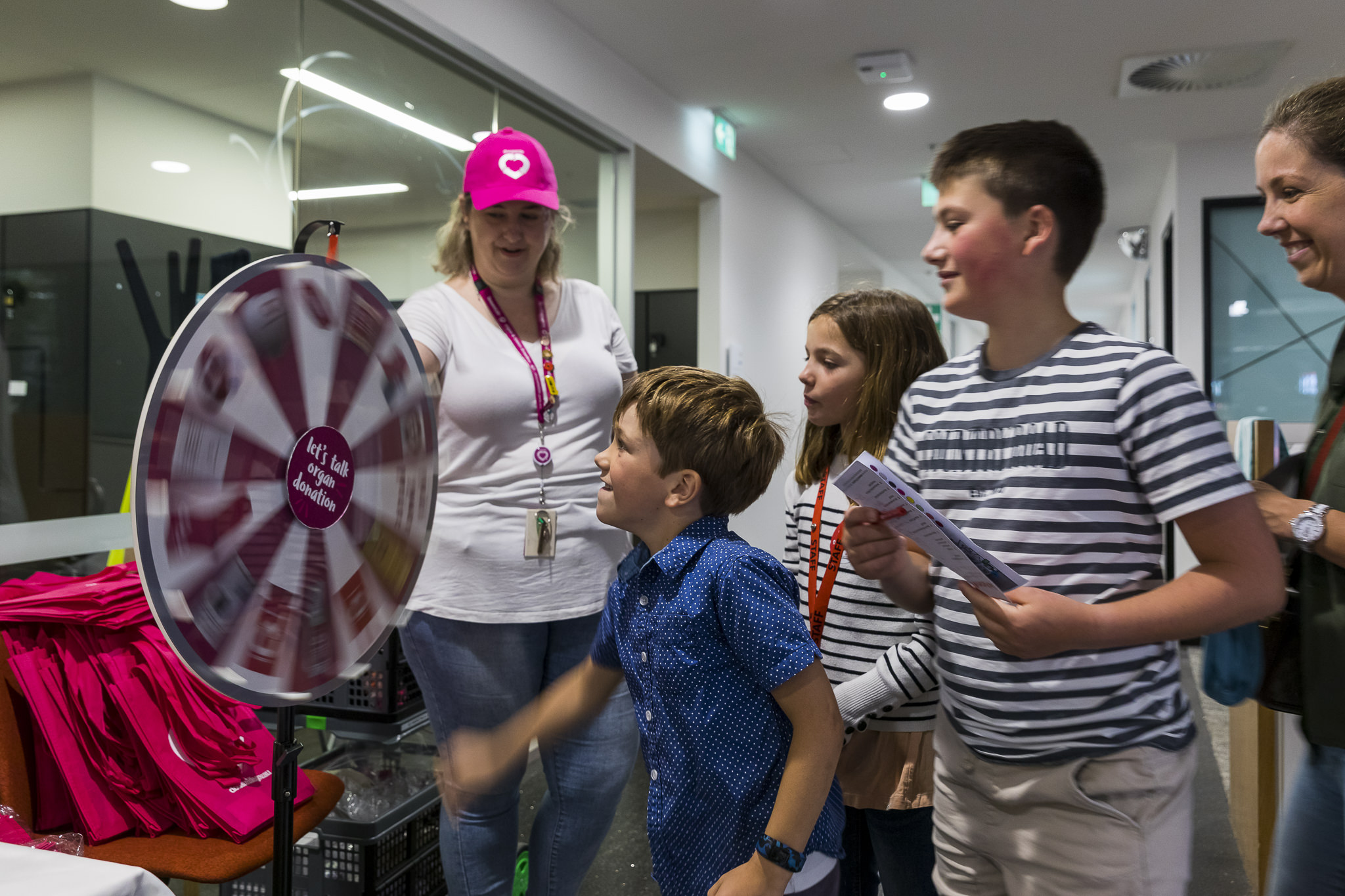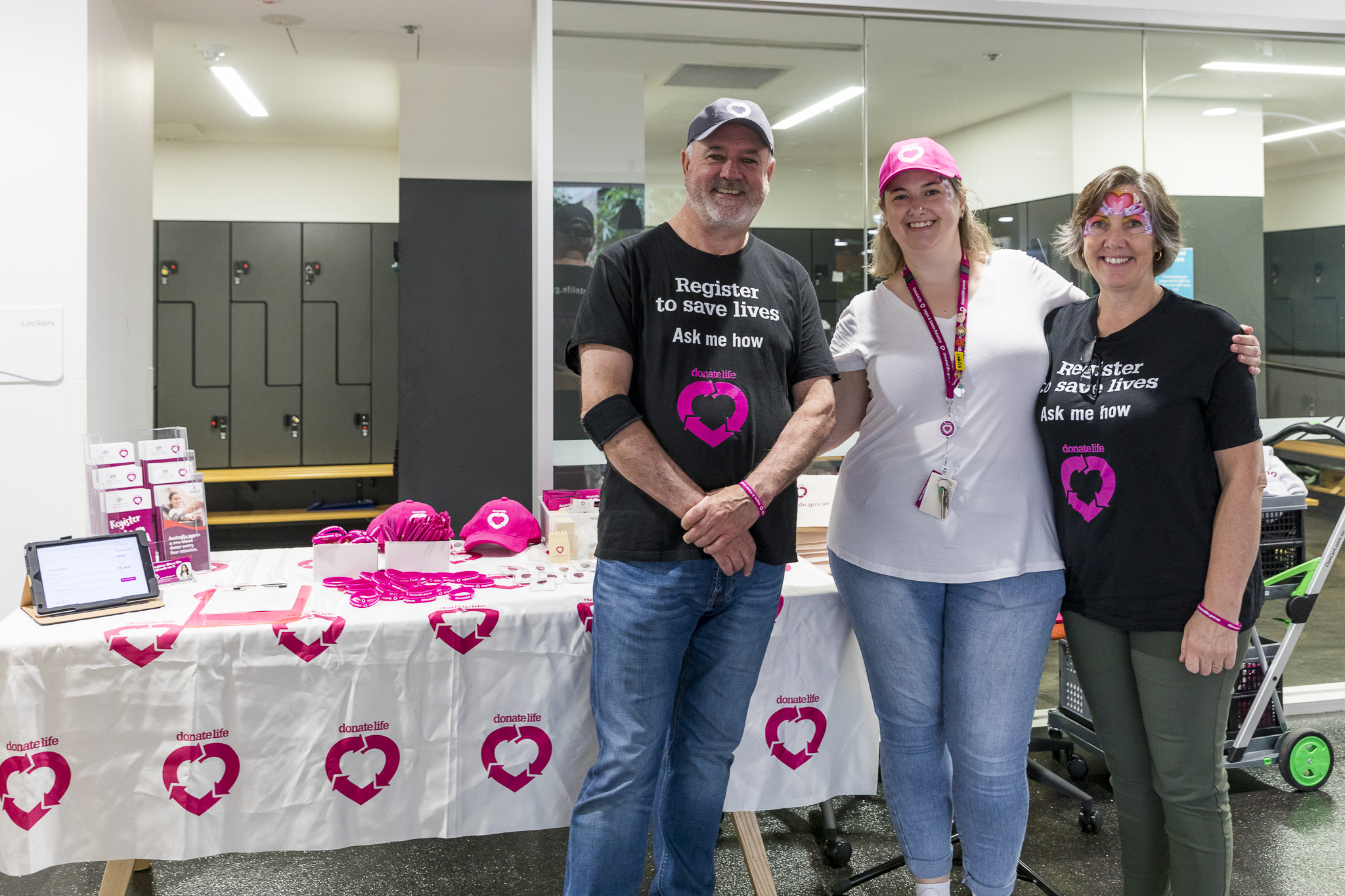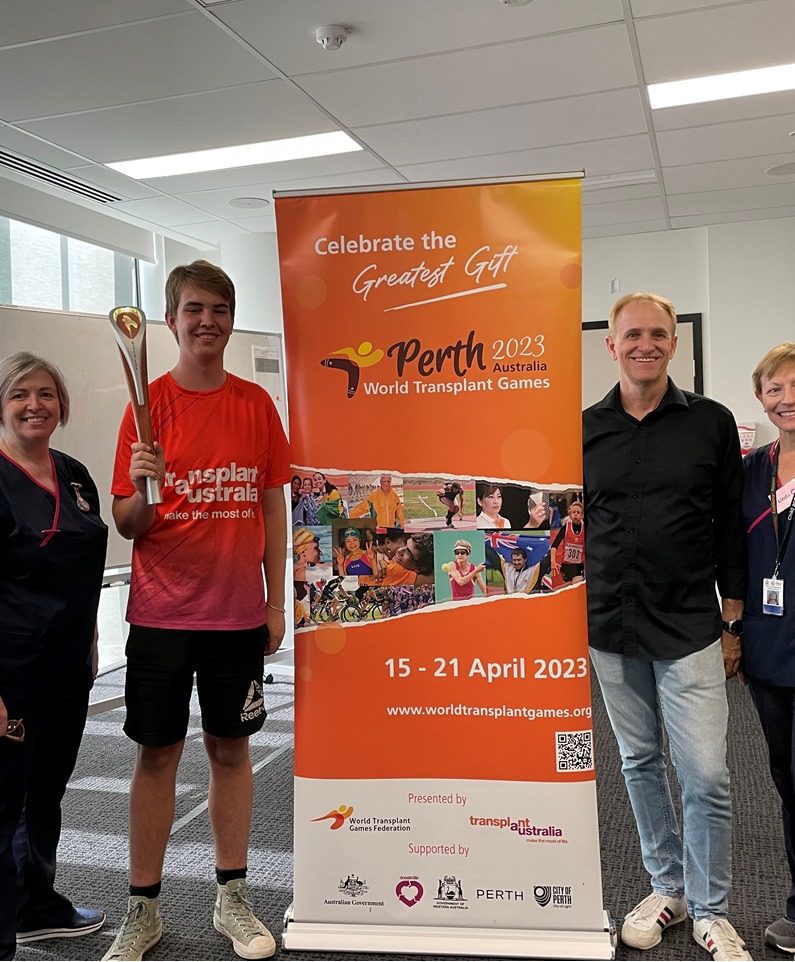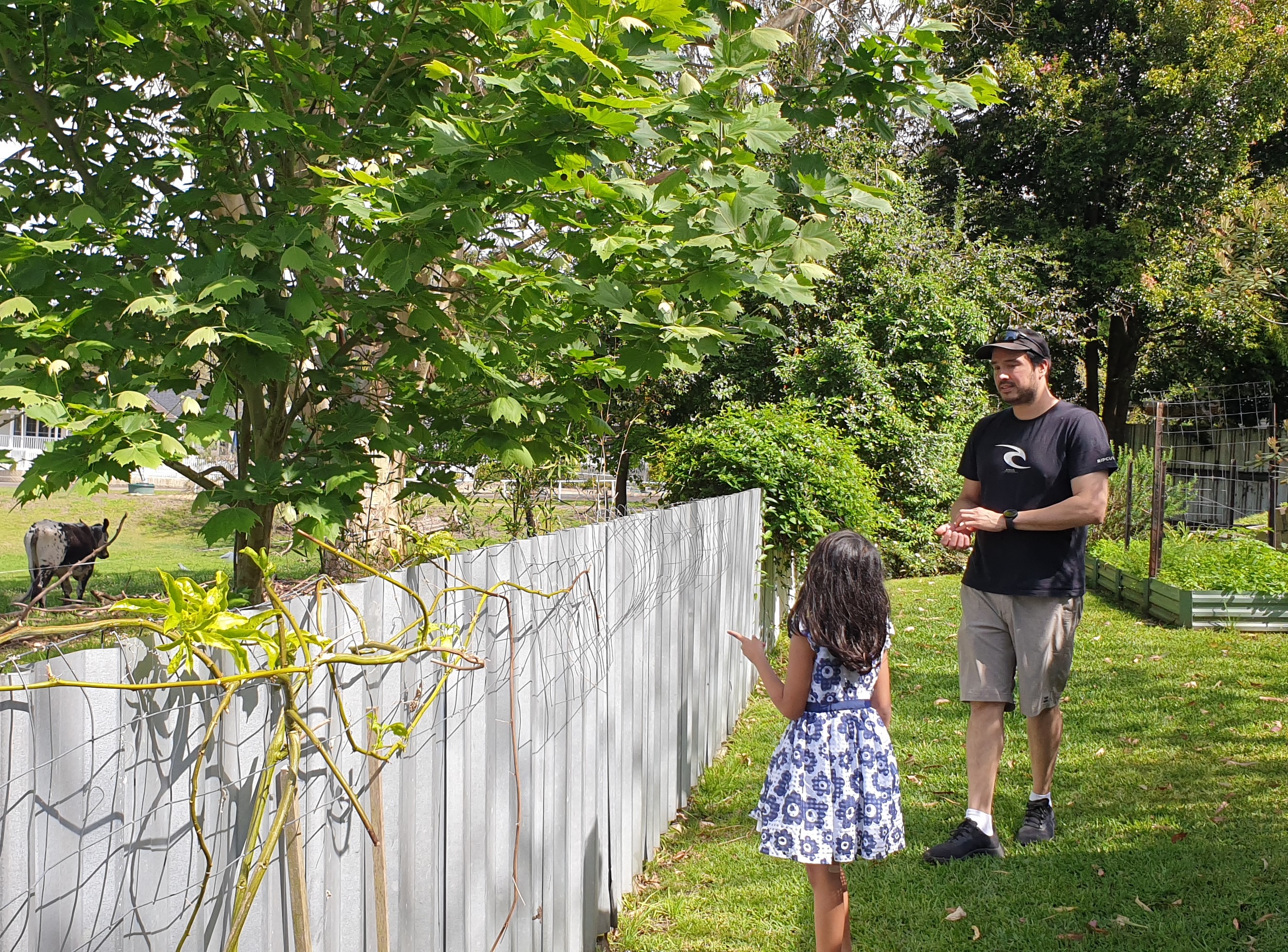Why did you become a DSNC?
I felt it would be an incredible opportunity to build on my nursing career, whilst following my passion of advocating for patients who are at end-of-life and supporting their families. As a result of nursing in a busy ICU, I have become all too familiar with the fact that death in the ICU or ED is often tragic and not what most families expect when losing a loved one. I knew that if any sliver of good could come out of that traumatic time – I wanted to be a part of it and support families through it.
What were the highlights of your role?
I have always found special sentiment in caring for those who are at end of life. Caring for people at this stage and comforting families can be very powerful. I am often humbled and discover a new sense of perspective when witnessing families simultaneously celebrate a life and grieve a loss. Supporting families through what can only be described as one of the worst periods of their life, has been the highlight of this role for me.
I have seen the strength it takes for families to choose to help others in agreeing to donation, to respect last wishes and to try find some comfort in tragedy. Helping coordinate and advocate for this process and helping to support families make the decision, has been a true privilege and something I will always treasure.
What is it like working for DLSA?
It has been a positive experience. Although a smaller jurisdiction with our team of 8 DSNC’s, we remain comparatively busy with 56 families consenting to organ donation last year.
Having commenced my role during the peak uncertainty of COVID, there’s been great support within the DLSA team. Fatigue management, and the health and wellbeing of our staff is supported by incorporating wellbeing into our education, regular wellbeing emails, fatigue management assessment, regular staff check ins and open gratitude. This helped bring a sense of togetherness that wasn’t available during isolation and strengthened our team community.
What have you learnt?
A sense of community and teamwork brings effective communication and collaboration within our whole team. It is so valuable to the success of our day-to-day operations.
I have learnt a lot throughout my role as a DSNC. Aside from the huge clinical and technical growth in my nursing skills, I have also gained confidence from working within such a nuanced part of health.
I have been involved in groups such as first nations, education, grief and bereavement, and locally our health and wellness team. Globally, themes throughout these portfolios have taught me that kindness and compassion are of great importance for effective processes and improvements.
Why are you leaving, and would you return?
There is well documented high turnover of donor coordinators not only nationally but globally. This is likely because we manage the grief of others, and work in high stress environments. Anecdotally, I also believe this is part of natural succession planning for nurses as the roles of the donor coordinator and nurse specialist are a great steppingstone. Both scenario’s I have seen be supported by DLSA.
However, my choice to leave DLSA is neither of these as I am pursuing my travel dreams. The support that I have received from DLSA management, and my team is overwhelming, and my personal goals have been celebrated. I am very sad to be leaving the beautiful team that I work with and hope to see myself working in this space again sometime in the future.

